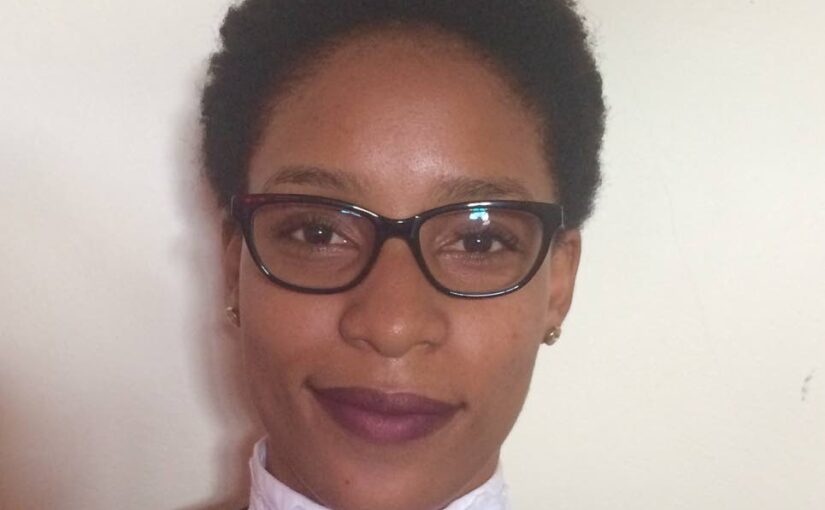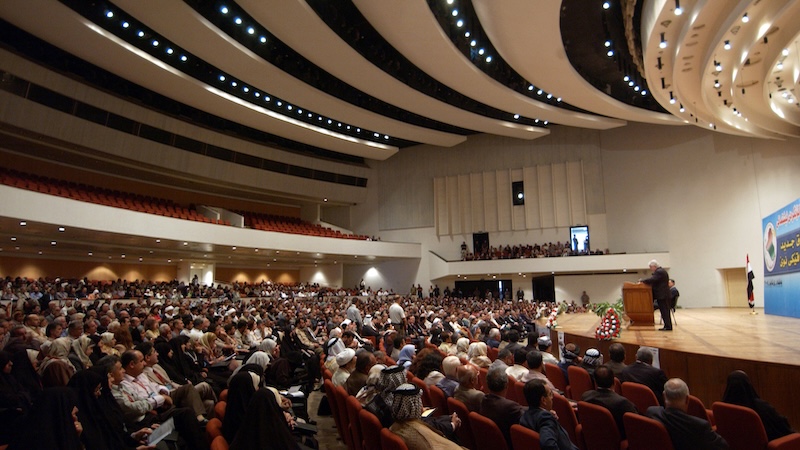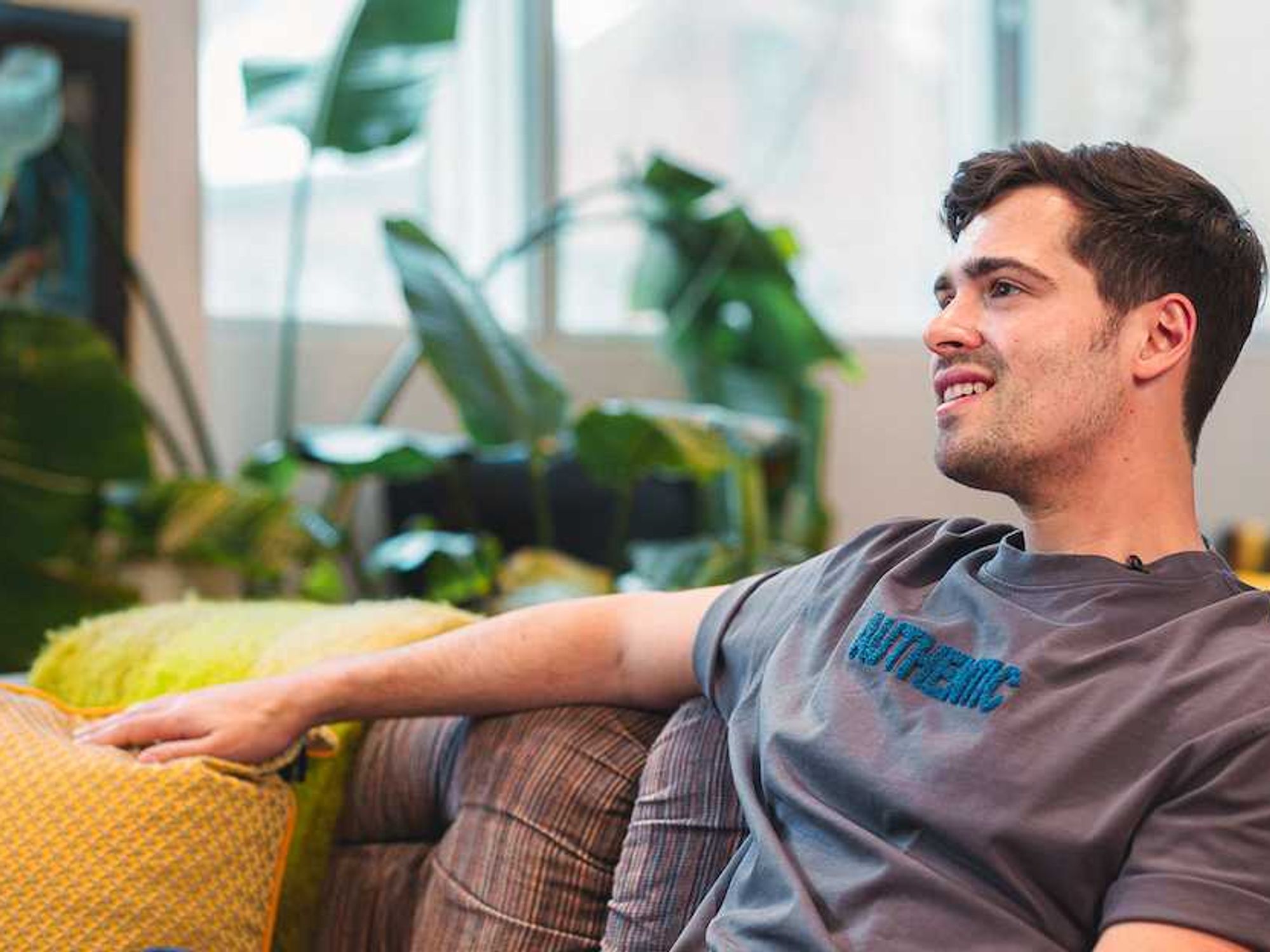I am stuck on why we have made fasting so narrow. We talk about giving up food for a few days, maybe coffee during Lent, and call it spiritual...
Vous n'êtes pas connecté
- English
- Français
- عربي
- Español
- Deutsch
- Português
- русский язык
- Català
- Italiano
- Nederlands, Vlaams
- Norsk
- فارسی
- বাংলা
- اردو
- Azərbaycan dili
- Bahasa Indonesia
- Հայերեն
- Ελληνικά
- Bosanski jezik
- українська мова
- Íslenska
- Türkmen, Түркмен
- Türkçe
- Shqip
- Eesti keel
- magyar
- Қазақ тілі
- Kalaallisut ; kalaallit oqaasii
- Lietuvių kalba
- Latviešu valoda
- македонски јазик
- Монгол
- Bahasa Melayu ; بهاس ملايو
- ဗမာစာ
- Slovenščina
- тоҷикӣ ; toğikī ; تاجیکی
- ไทย
- O'zbek ; Ўзбек ; أۇزبېك
- Tiếng Việt
- ភាសាខ្មែរ
- རྫོང་ཁ
- Soomaaliga ; af Soomaali
Rubriques :
 Maroc - NEWSDAY.CO.TT - A la Une - 28/08/2024 18:57
Maroc - NEWSDAY.CO.TT - A la Une - 28/08/2024 18:57
Less is more
KANISA GEORGE 'In our pursuit of happiness and contentment, wanting something better often results in gaining more. And that can equate to more stuff that we don’t need and, in many cases, don’t even want' EVERY COUPLE of months or so, I desperately need a fully-powered, foundation-tainted, eyeshadow-complete look. With very limited skills in the affairs of make-up artistry, I usually summon the services of my baby sister Rae to execute the task. Now, if there’s one thing I’ve learned about a perfect facebeat, it is the importance of diversity. “Options, Kan, we need options,” she’ll say as I quizzically consider why she owns various shades and brands of dark brown eye pencils. For all those make-up-obsessed cuties out there, I’ve come to understand that one look only requires a handful of products. So when it comes to make-up, isn’t less more? I understand now that it might not be, as a smoky eye and an ethereal look are very different beings. But just like in the world of make-up, we have developed a habit of acquiring far more things than we need in everyday life. Consumerism has moved from being a troublesome creature to an “unsung hero” almost overnight, as the more we get, the more we want. And fast-fashion sites don’t make it any easier. Even I fall prey to it, for gone are the days when the experience was all that mattered. We must have our smartphones, outfits, new shoes, handbags and jewellery along for the ride. It’s human to want more from life: experiences, food and “nice things.” And this desire can be far more ravenous for those whose upbringing was marred by considerable lack. In our pursuit of happiness and contentment, wanting something better often results in gaining more. And that can equate to more stuff that we don’t need and, in many cases, don’t even want. Over time our sense of happiness can become inextricably linked to the material things we own. “I can’t go out unless my face beat.” “I was planning to go inno, but my outfit ain’t reach yet.” You might not be inclined to agree with me, but think back to the last time you went without satisfying your wants. Admittedly, it’s pretty hard to do, even for me. Especially if you think of it from beyond a material point of view. What has made it far more complicated is that we have conflated our ideas of what we want with what we need. Our needs are always going to align with the ways of the world. And in a technologically advanced melting pot, some needs must be met to “keep up.” But for the sake of other wants that reeks of the desire to conform, shouldn’t we make an effort to live without them? Since when have we become a society impacted by the “I only wear an outfit once” trend? The Less is More movement popularised by architect Mies van der Rohe in 1947 speaks far more than just about a minimalistic lifestyle. In many ways, it’s a blueprint for a stress-free, fulfilling life. While some might argue that voluntary simplicity is a bit too far-fetched, studies show that it can reduce the considerable effect consumerism can have on us and help us slow down when we become overwhelmed. It's not our belongings that make us happy or even secure. Instead, relationships, experiences, and what we've learned make all the difference. We risk sacrificing our happiness when our belongings or material collections become prioritised. Of course, this might not always be the case, as self-control and introspection play a considerable role in managing our expectations and realities. But if we lack the above, we could easily fall into trouble. What’s more, we can all benefit from simplicity in other aspects of our lives. From screen time to limiting our recreational choices, it’s essential to keep things simple sometimes as a way to reset and rejuvenate. For instance, one study showcased how the pressure to keep up with trends and social expectations can feel overwhelming. It leads to feelings of envy, inadequacy, dissatisfaction and dislike. This, for example, doesn't make for close, supportive relationships and can erode one’s sense of self. Interactions of this nature would do a world of good and support the old age saying that less can be more. When things are easier, they’re usually more enjoyable and rewarding. People who occasionally adopt this position typically have less stress and feel less overwhelmed. A less-is-more/minimalist lifestyle is far more than decluttering. It is about finding practical ways to minimise and stay in tune with one’s self, passions and the things that matter at the end of it all. It’s about understanding where true happiness lies and making a concerted effort to manage our obsession with “things.” There are some things we cannot live without, but we must ask ourselves if a less-is-more approach might be the most healthy option for everything else that we think we need. The post Less is more appeared first on Trinidad and Tobago Newsday.
Articles similaires
Fasting From What’s Eating Our Consecration – OpEd
I am stuck on why we have made fasting so narrow. We talk about giving up food for a few days, maybe coffee during Lent, and call it spiritual...
The wannabe fascists have a plan. They'll win if we don't fight back
This fight isn’t really about immigration. It’s about whether the Constitution still restrains government power at all.When elected officials call...
This long-running Trump lie is a cancer — and it will soon be uncurable
Over the past decade, I’ve been one of those crazy conspiracy theorists who believes our elections have been rigged, all right … but not by the...
Trump's naked hypocrisy on this key subject may be key to breaking MAGA
I think most liberals are probably familiar with what has become known as Wilhoit’s Law — that the true goals of the right are inequality,...
After Iraq’s Elections, A Test For U.S. Policy – OpEd
Iraq had elections for parliament recently. People thought this would help make the country more stable. Now Iraq is, in a situation that has...
After Iraq’s Elections, A Test For U.S. Policy – OpEd
Iraq had elections for parliament recently. People thought this would help make the country more stable. Now Iraq is, in a situation that has...
You Cannot Beat Nihilism With Nihilism – OpEd
Today, Barcelona is today one of the great tourist destinations of the Western world. Fifty years ago, however, it was a somewhat dusty backwater...
Eric Lombardi 'More Than Likely' To Cement Run For Ontario Liberal Party Leader: Q&A
Ontario entered 2026 with the weakest housing conditions in the country, and Eric Lombardi believes that we can do better.The 31-one-year old civic...
Eric Lombardi 'More Than Likely' To Cement Run For Ontario Liberal Party Leader: Q&A
Ontario entered 2026 with the weakest housing conditions in the country, and Eric Lombardi believes that we can do better.The 31-one-year old civic...
Les derniers communiqués
-
Aucun élément







